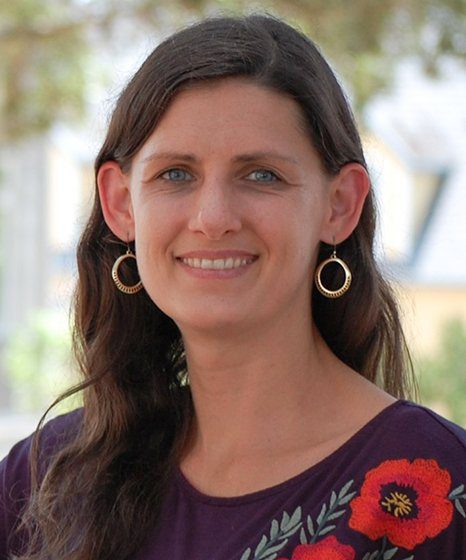
Ken Liu

Sadly, the elderly are being hit from multiple fronts during this coronavirus pandemic. Not only are they the most susceptible to contracting the virus, the social isolation leads to greater loneliness, makes it harder for them to get needed help, and makes them more susceptible to physical abuse and financial manipulation.
In previous generations, care for seniors was not a major social problem because families were expected to care for their own parents and grandparents. But as our families have become more fragmented and our culture more individualistic, “the elderly” are now a demographic in dire need of societal help. Seniors now are frequently taken advantage by their own family members and other trusted caretakers.
Currently, over 25 million Americans aged 60+ are economically insecure – living at or below 250% of the federal poverty level. And by 2030, senior citizens (65 and older) are expected to comprise 21 percent of the population, up from 15 percent today.
Legal aid for seniors is now needed more than ever to combat various forms of abuse, scams, and injustices, as well as to assist with a host of general legal needs such as wills, powers of attorney, medical directives, and government benefits. Are we up to the task?

Mike Schutt
Director, CLS Law School Fellows

Alanna Walker
Grants Coordinator

Michelle Williams
Law Student Ministries Coordinator
GET UPDATES
The views expressed on the CLS Blog are the views of the individual authors and do not necessarily reflect the positions of Christian Legal Society.
The purpose of the CLS Blog is to generate discussion with a free exchange of ideas and opinions.
▦ |CLS - Christian Legal Society © 2024|














































